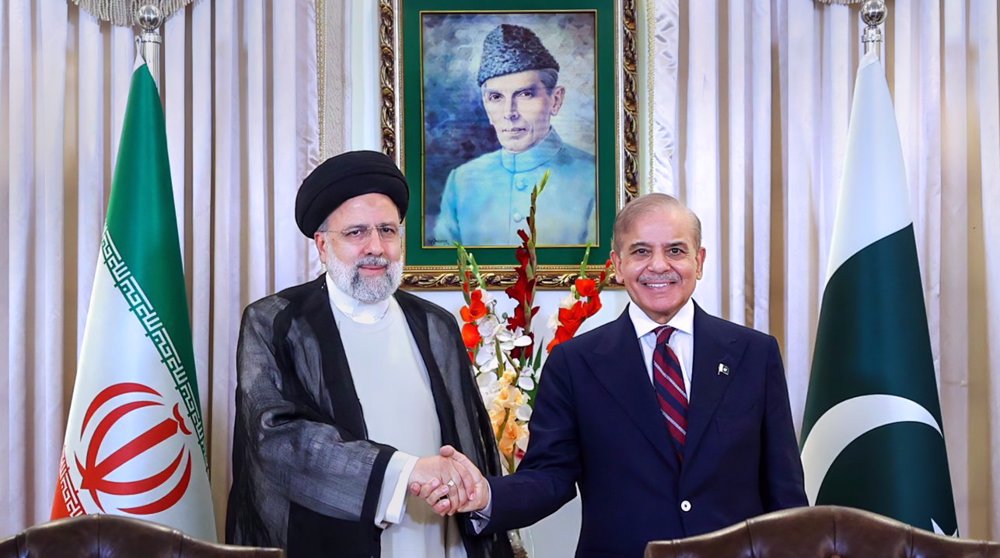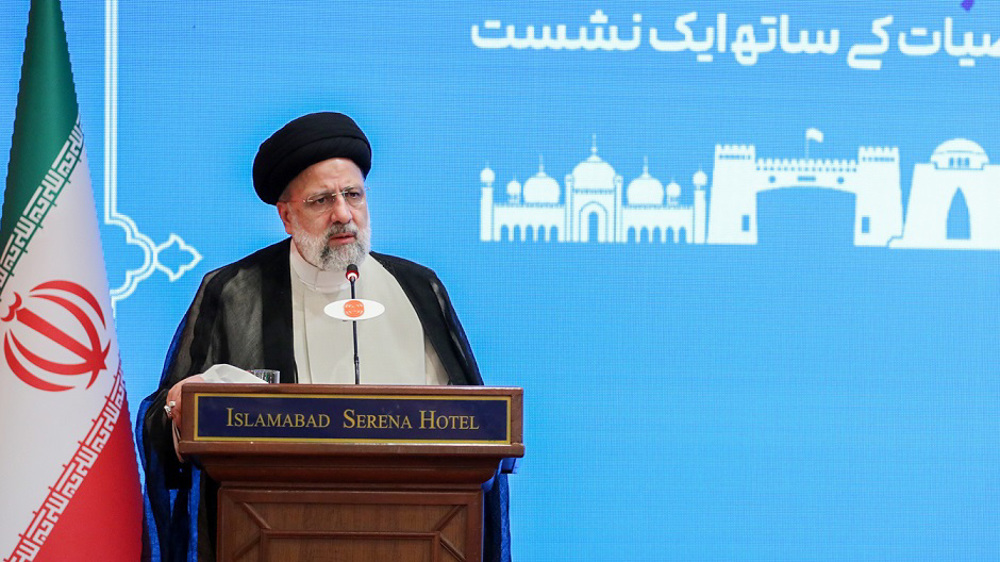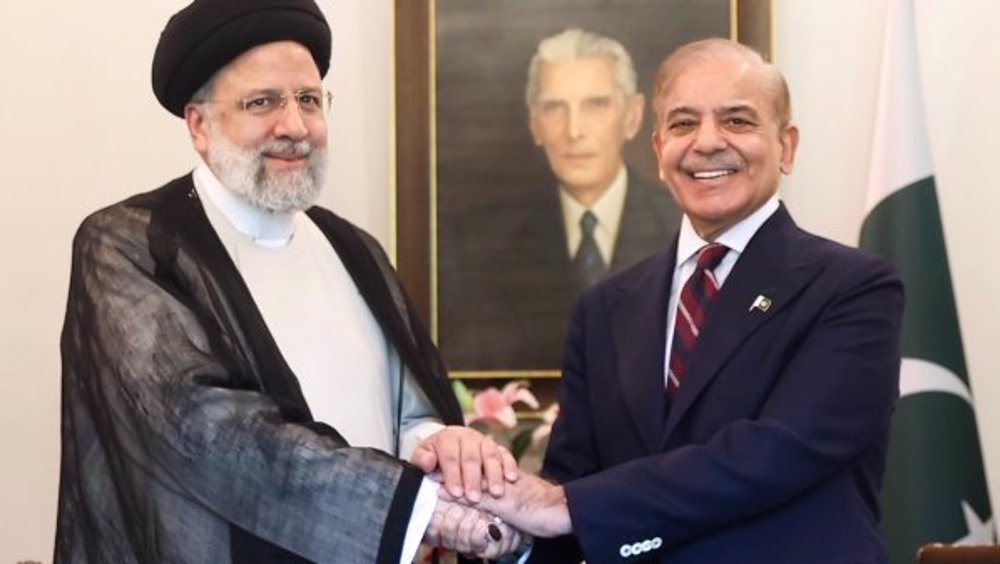Pakistan voices concern over US-India nuclear deal
The Pakistani government has expressed serious concern over a recent nuclear deal between the United States and India, saying it will be detrimental to stability of South Asia.
The deal was signed between the US and India during a recent trip to New Delhi by US President Barack Obama. At a joint press conference with Indian Prime Minister Narendra Modi in the Indian capital on Sunday, Obama said they had reached "a breakthrough understanding" on the nuclear cooperation that would allow US companies to establish reactors in India.
Reacting to the deal, Pakistan's National Security Adviser Sartaj Aziz said in a statement on Wednesday that the agreement would “further compound the already fragile strategic stability environment” in the troubled region.
"The operationalization of Indo-US nuclear deal for political and economic expediencies would have a detrimental impact on deterrence stability in South Asia," the statement read.
Aziz noted that the pact would also undermine the credibility of the UN nuclear watchdog and weaken the non-proliferation regime.
The top Pakistani official described the new deal with India as "another country-specific exemption from Nuclear Suppliers' Group (NSG) rules," accusing Washington of double standards and acting selectively when it comes to India.
The NSG is a multinational body concerned with reducing nuclear proliferation by controlling the export and re-transfer of materials that may be applicable to nuclear weapon development and by improving safeguards and protection on existing materials.
Critics of the controversial deal say it creates the dangerous precedent of allowing some countries access to fuel and technology without requiring them to sign the Non-Proliferation Treaty (NPT) as other countries must do.
The deal has also created furor at domestic level as Indian opposition parties say the deal ties traditionally neutral India too closely with the United States and its Western allies.
India has routinely carried out missile tests since it demonstrated nuclear weapons capability in 1998. The Indian military has been also engaged in an arms race with the Pakistan since the partition of Pakistan from India in 1947.
Both neighbors have refused to sign the Non-Proliferation Treaty (NPT) and other international regulatory pacts that restrict developing or testing nuclear weapons. India considers the NPT as discriminatory, while Pakistan has indicated that it will not join the international treaty until its neighbor does.
JR/HMV/SS
Air traffic control strike in France leads to major Europe flight cancelations
Iran urges US to stop support for Israel as university revolt spreads
Gaza faces imminent famine as people starving to death: UN warns
North Korea to stand up to sanctions, bolster military power: Official
Hezbollah says 2,000 Israeli forces killed, injured in operations since Gaza war began
War of wills: Iran army chief vows crushing response to any aggression
April 24: ‘Axis of Resistance’ operations against Israeli occupation
Tabas sand defeats US military










 This makes it easy to access the Press TV website
This makes it easy to access the Press TV website